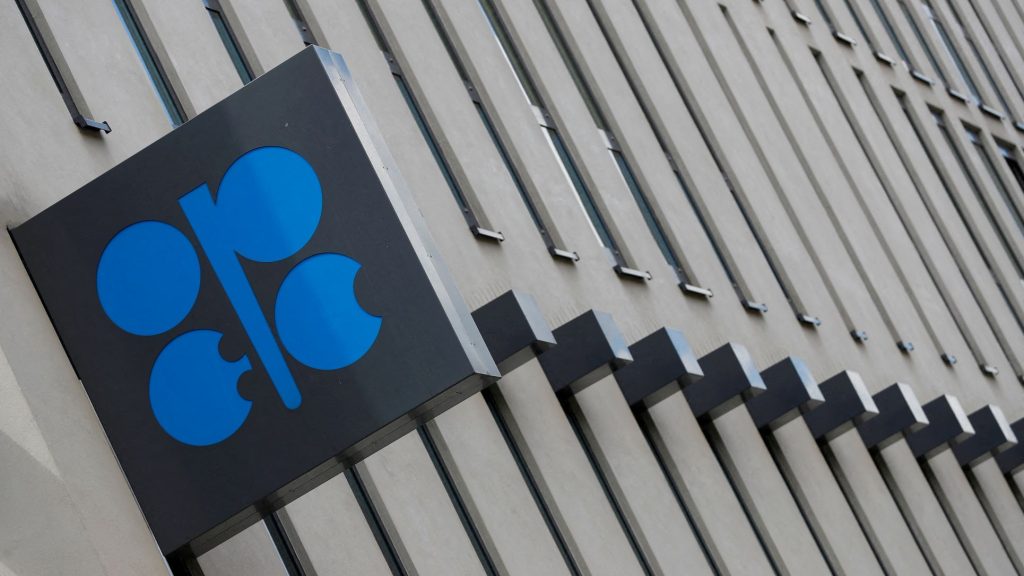
Saudi Arabia and other OPEC members may boost oil output to offset a drop in Russian production, a move that could take some pressure off surging global inflation and pave the way for an ice-breaking visit to Riyadh by U.S. President Joe Biden.
Two OPEC+ sources said the group was working on making up for a drop in Russian oil output as Russia’s production has fallen by about 1 million barrels per day (bpd) as a result of Western sanctions on Moscow over its invasion of Ukraine.
One OPEC+ source familiar with the Russian position said Moscow could agree to other producers raising production to compensate for Russia’s lower output but not necessarily making up all the shortfall.
“Ultimately, the compensation could be agreed,” the source said, but said a decision might not be taken at Thursday’s meeting of OPEC+, an alliance of the Organization of the Petroleum Exporting Countries, Russia and others.
However, a Gulf source in OPEC+ said a decision on the matter was “highly possible” at Thursday’s ministerial meeting.
U.S. diplomats have been working for weeks on organising President Joe Biden’s first visit to Riyadh after two years of strained relations because of disagreements over human rights, the war in Yemen and U.S. weapons supplies to the kingdom.
U.S. intelligence has accused Saudi Crown Prince Mohammed bin Salman, known as MbS, of approving the 2018 killing of Saudi journalist Jamal Khashoggi, a charge the prince denies. Biden has refused so far to deal with MbS as Saudi de-facto ruler.
A source briefed on the matter said Washington wanted clarity on oil output plans by Saudi Arabia and the United Arab Emirates before a potential Biden visit for a summit with Gulf Arab leaders, including MbS, in Riyadh.
LOW APPROVAL RATINGS
“An impending Biden trip could apply pressure on Gulf OPEC producers to increase production,” said a Gulf source, who also declined to be named due to the sensitivity of the matter.
Faced with low approval ratings before U.S. mid-term elections amid surging gasoline prices, Biden has pressed Saudi Arabia to pump more oil. Sources on both sides say MbS has refused to act until Biden is ready to deal directly with him.
OPEC+ ministers hold online talks on Thursday when they had been widely expected to stick to an existing plan for a regular monthly increase of 432,000 bpd, mirroring previous meetings when they have spurned calls for bigger output hikes.
But Western sanctions could reduce production from Russia, the world’s second largest oil exporter, by as much as 2 million to 3 million bpd, according to a range of industry estimates.
Russia was already producing below its OPEC+ target of 10.44 million bpd in April with output of running at about 9.3 million bpd.
OPEC+ agreed to slash output by a record amount in 2020 when the pandemic hammered demand. The group has gradually wound down that deal, which expires in September. By then the group will have limited spare capacity to lift output further.
Saudi Arabia is now producing 10.5 million bpd and has rarely tested sustained production levels above 11 million bpd.
Alongside fellow Gulf state, the UAE, OPEC is estimated to have less than 2 million bpd of spare capacity.
“There is not much spare oil in the market to replace potential lost barrels from Russia,” said Bjarne Schieldrop, chief commodities analyst at SEB bank.
(Reporting by the OPEC and Gulf teams and Washington bureau; Writing by Dmitry Zhdannikov and Ghaida Ghantous; Editing by Jason Neely and Edmund Blair)